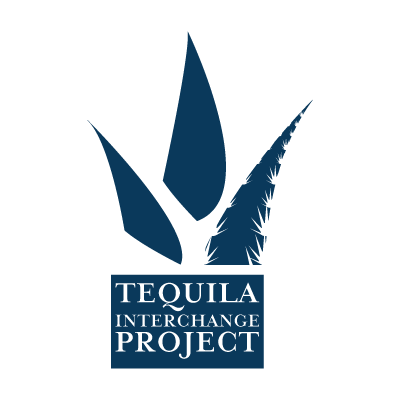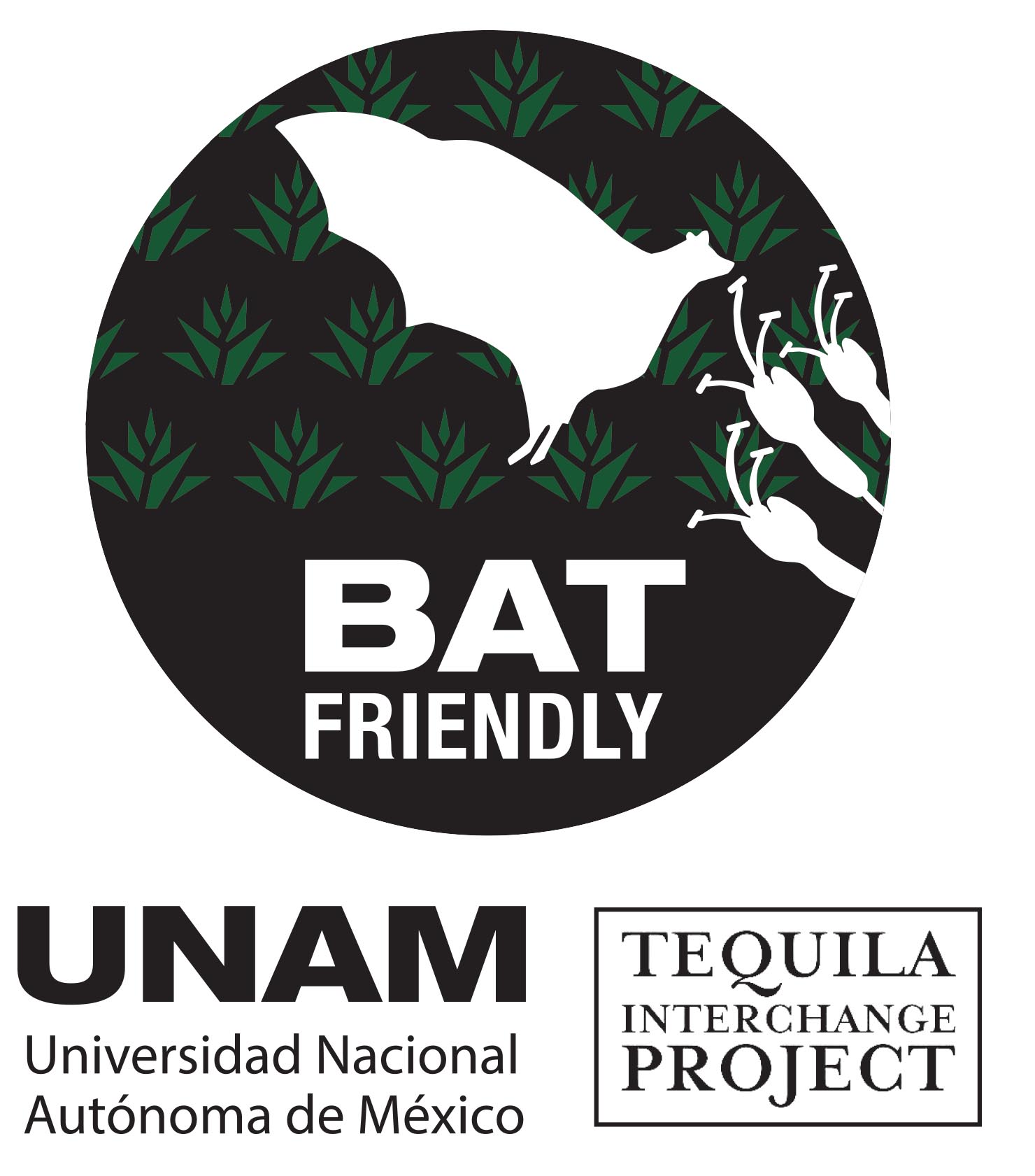DECLARATION: About the current crisis of the Agave tequilana Weber
Since the tequila industry began its internationalization process in the second half of the twentieth century, cyclical “agave crises” have happened which, over time, have demonstrated that the problem is not the lack of planning but the form in which the industry organizes agave production. Consequently, even if it is affirmed that the lesson has been learned, as was argued in 1999 after that crisis, periods of oversupply and after-demand will remain recurrent until at least a different way of relating to Agave managers, as well as a clear commitment to healthy ecosystems are implemented.
Therefore, despite the fact that the current crisis (2016-2017) implies consideration of other factors such as the growth of demand for producers of honey, syrup, inulin, blue agave fructans, there are others that are always present: Market growth, reduction of cultivated area due to falling prices, pest increase, sprout degeneration, high dependence on fertilizers or low yields of land and poor agroecological management. But in addition, we have now become aware of the chain reactions that the crises cause. For example, due to the required maturation time of agave – from 6 to 7 years – the price has increased to 16 Mexican pesos per kilogram and has led to speculation and hoarding of crops that are between 3 and 5 years, with the purpose not only to reserve them but to harvest them at any time.
If we continue harvesting agaves that are too young, we will lose several of its generations, breaking once again the staggering of plantations, and with it, the trophic chain of which the agave forms part. Bats, butterflies and insects feed on the agaves, while pollinating them. At the same time, their presence makes possible the appearance of other animals, birds, insects and microorganisms that improve the conditions of ecosystems, which is why these agave crises are undesirable destabilizers. Their effects transcend the concern about the quantities of Tequila that are needed and the ability to respond to market needs. What is in jeopardy are the conditions in which this drink can be produced in the near future.
Given the critical situation of the tequila agave, the Bat Friendly Tequila and Mezcal™ pilot project promotes a deep commitment from agave producers so that the available food of the main pollinator of these plants -the long-nosed bats (genus Leptonycteris)– helps them to keep their migratory routes and their function within the ecosystems, thus promoting the preservation of biodiversity. This pilot project includes both agave tequilana weber and other magueyes used to make mezcal. In both cases, the involvement of the maguey handlers is of vital importance.
However, given the agronomic practices influenced by the large corporations of the tequila industry, almost 98% of blue agave handlers have changed their agronomic habits, intensifying them and turning the crops dependent on large quantities of agrochemicals, characteristics that distance them from the majority of mezcal producers.
The main agreement with the agave producers who make any of these Bat FriendlyTM distillates, is that at least 5% of the agaves that reach maturity must be allowed to develop their inflorescence and complete their reproductive cycle. This percentage was calculated based on previous research and is indispensable to assure the food of a viable population of long-nosed bats. The agreement also considers the harvesting of the seeds generated by the pollination service provided by the bats that visited and fed on the flowering stalks (quiotes) left for this purpose, with the objective of germinating them and generating the plants in nurseries.
Many of the mezcal producers already carry out this practice because they are still traditional farmers and work with the field cycles. However, tequila growers have long ago abandoned the practice of letting flowering stalks grow on their land because they represent “a loss” in agronomic processes. Bat Friendly™ insists on the need to sensitize more industrial producers and agave handlers to the benefits of this practice. In the project headed by Dr. Rodrigo Medellín (UNAM), scientists verify that at least 5% of the population is blooming, and that the bats are visiting that property to be considered viable, and from there, it raises awareness of the contributions that this productive management has. The objective of this work is to benefit the entire production chain of these distillates, from the producer who can improve or increase their practices of sustainability, helping to preserve the biodiversity, consumer who will have a heightened perspective of the involved environmental preservation and a deeper appreciation of the quality and heritage of the distillate.
The project has potential in many areas. The main benefit is the preservation of multiple species of bats and their migratory routes, which ensures their pollinating services to many species of plants. This provides the genetic diversity needed to survive pests and changes in climatic conditions and simultaneously reduces the current dependence on agrochemicals, bringing benefits to the entire local ecosystem.
For this reason
We express our concern about the tequila agave crises, which are not inevitable, and as with every cyclical process, they are becoming increasingly more dangerous and are bringing more severe consequences that will cost much to reverse. Intensification of farming techniques or colonization of virgin lands are not alternatives
We declare that these problems are no longer taboo and that they should be discussed by the different sectors involved in order to work on other forms of organization where the care of the environment and the traceability of the production chain (emphasizing good agronomic practices to handle the maguey) become part of the added values of the tequila and mezcal industries.
We also argue that, in order to guarantee this, it is essential to monitor the living conditions of day laborers and farmers, who are direct actors in the health of ecosystems. For that reason, it is necessary to improve wages and benefits, and to regulate the prices of agave based on criteria such as their contribution to environmental sustainability, the reduction of the carbon footprint, and the improvement of the social fabric.
Board of Directors Bat Friendly Tequila and Mezcal™ Pilot Project
Rodrigo Medellín L., David Suro Piñera, Ignacio Torres García, Pedro Jiménez, Joaquin Meza, Carlos Camarena.
El Colegio de Michoacán
José de Jesús Hernández López




